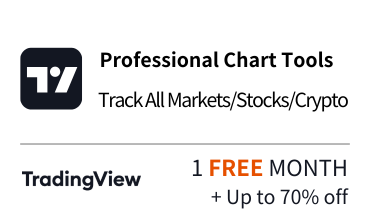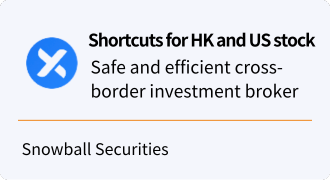A comparison of the New York Stock Exchange and Nasdaq
[DISCLAIMER] This article is for educational and informational purposes only and does not constitute investment advice. Readers should consult with qualified financial professionals before making any investment decisions.
I'm an independent publisher of financial and IT books. I help people learn about the stock market. Today, I will explain the two main U.S. stock exchanges: the New York Stock Exchange (NYSE) and NASDAQ. These two exchanges are the centerpiece of the U.S. stock market and a focus for investors around the world.

Ⅰ. New York Stock Exchange (NYSE)
1.1 Background and History
Founded in 1792, the New York Stock Exchange (NYSE) is the largest stock exchange in the world. As an exchange with a long history, NYSE is known for its strict listing requirements and traditional trading floor. To me, NYSE not only symbolizes stability and trust, but also represents the core of the American capital market.
1.2 Key Features
- High liquidity: NYSE has a large number of listed companies and huge trading volume, providing high liquidity. High liquidity means for investors, it is more convenient to buy and sell stocks, which helps to adjust the investment portfolio quickly.
- Blue Chip Gathering Place: NYSE is a gathering place for large blue chip companies, which usually have stable profitability and high dividend yields. For example, most of the 30 large companies in the famous Dow Jones Industrial Average are listed on NYSE.
- Traditional Trading Floor: Despite the popularity of electronic trading, NYSE still retains its traditional trading floor, which has witnessed countless important trades and market fluctuations.
As an investor, I am interested in the NYSE's high liquidity and blue-chip advantages. The NYSE is the ideal choice for investors looking for stable investment opportunities and long-term returns.
Ⅱ. NASDAQ

2.1 Background and History
Founded in 1971, NASDAQ was the world's first electronic trading market. Known for its technology stocks and innovative companies, NASDAQ is the preferred exchange for many high-growth companies to go public. To me, NASDAQ symbolizes innovation and the future.
2.2 Key Features
- Concentration of tech stocks: Nasdaq is a gathering place for tech companies, and many of the world's leading tech companies such as Apple, Microsoft, and Amazon are listed on Nasdaq. The high growth of technology stocks attracts a large number of investors.
- Electronic trading system: Nasdaq's electronic trading system provides higher trading efficiency and transparency, and investors can trade more quickly.
- Market indices: The NASDAQ Composite Index (NASDAQ Composite) and the NASDAQ-100 Index (NASDAQ-100) are important indicators of technology and high-growth stocks.
As a tech stock enthusiast, I have a strong preference for the NASDAQ. It offers a multitude of investment opportunities and reflects the latest trends and developments in the tech industry. For those investors willing to take risks and seek high returns, NASDAQ is undoubtedly the market to choose.
Ⅲ. Compare and summarize
3.1 Commonalities
- Global influence: Whether NYSE or NASDAQ, they both occupy an important position in the global financial market and attract a large number of international investors.
- Strict regulation: Both are subject to strict financial regulation to ensure a fair and transparent market and protect investors' interests.
- Diversified investment opportunities: Whether it is traditional blue chips or innovative technology stocks, investors can find suitable investment opportunities on both exchanges.
3.2 Differences
- Types of Listed Companies: NYSE is dominated by large blue-chip companies, while NASDAQ gathers a large number of technology companies and high-growth enterprises.
- Trading Methods: NYSE retains a traditional trading floor, while NASDAQ fully utilizes an electronic trading system.
Thoughts
As an investor, choosing the right exchange depends on your investment objectives and risk appetite. If you are inclined to stable long-term investment and focus on blue chips, NYSE is a good choice; if you are adventurous and pursue high growth opportunities, NASDAQ may be more suitable for you.
With an in-depth understanding of these two major U.S. stock exchanges, we hope to help you make better investment decisions and optimize your portfolio. If you have any questions or need further guidance, please leave a message in the group and I will do my best to answer them.







